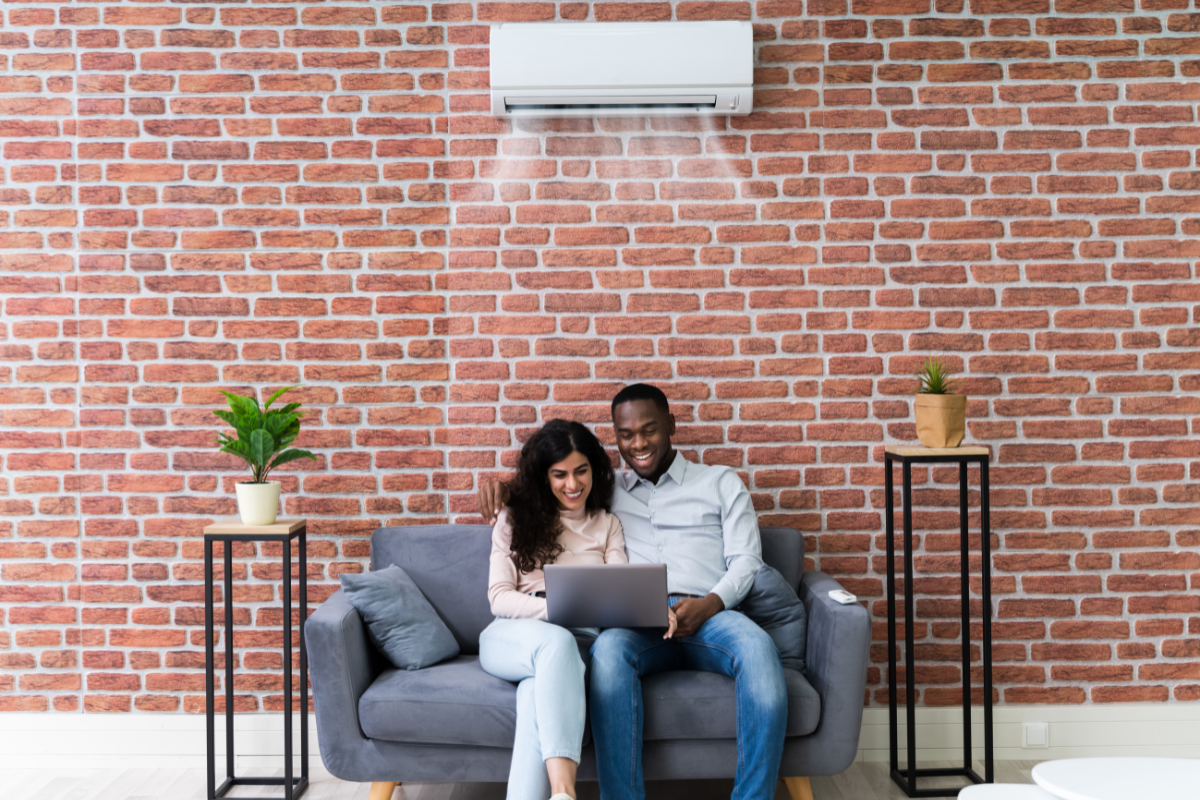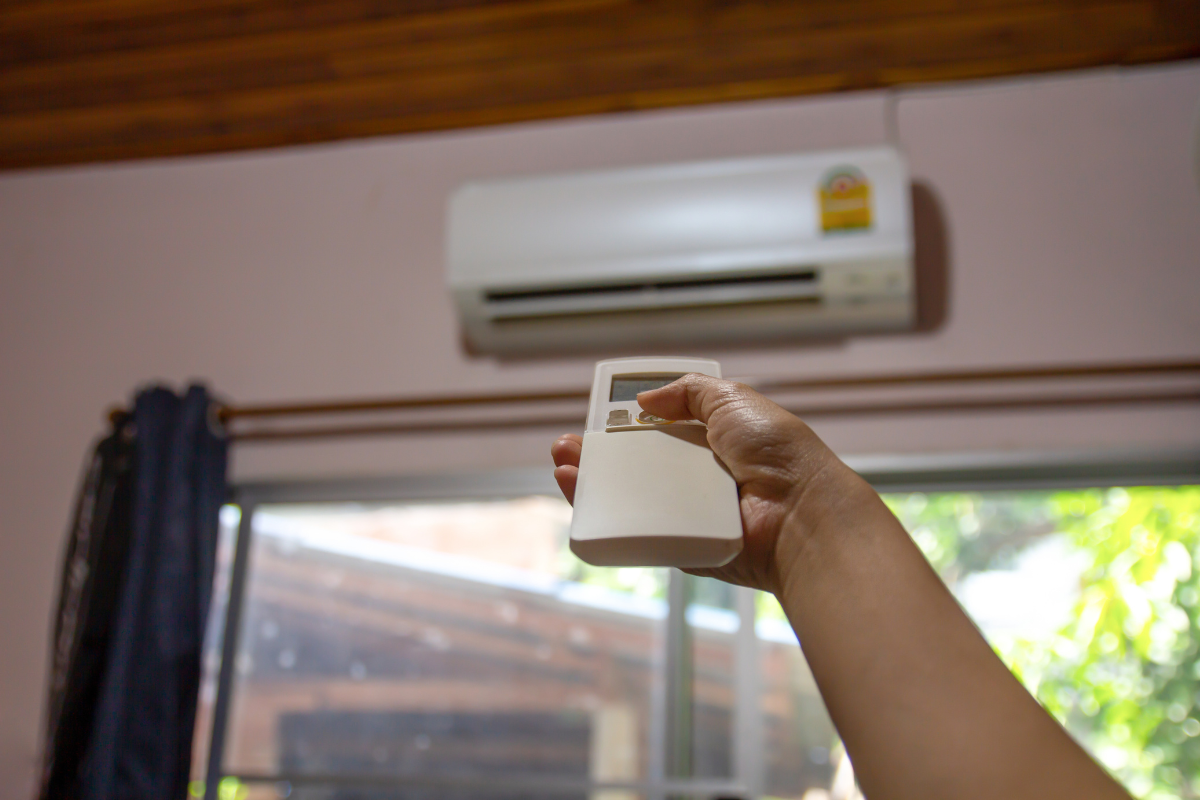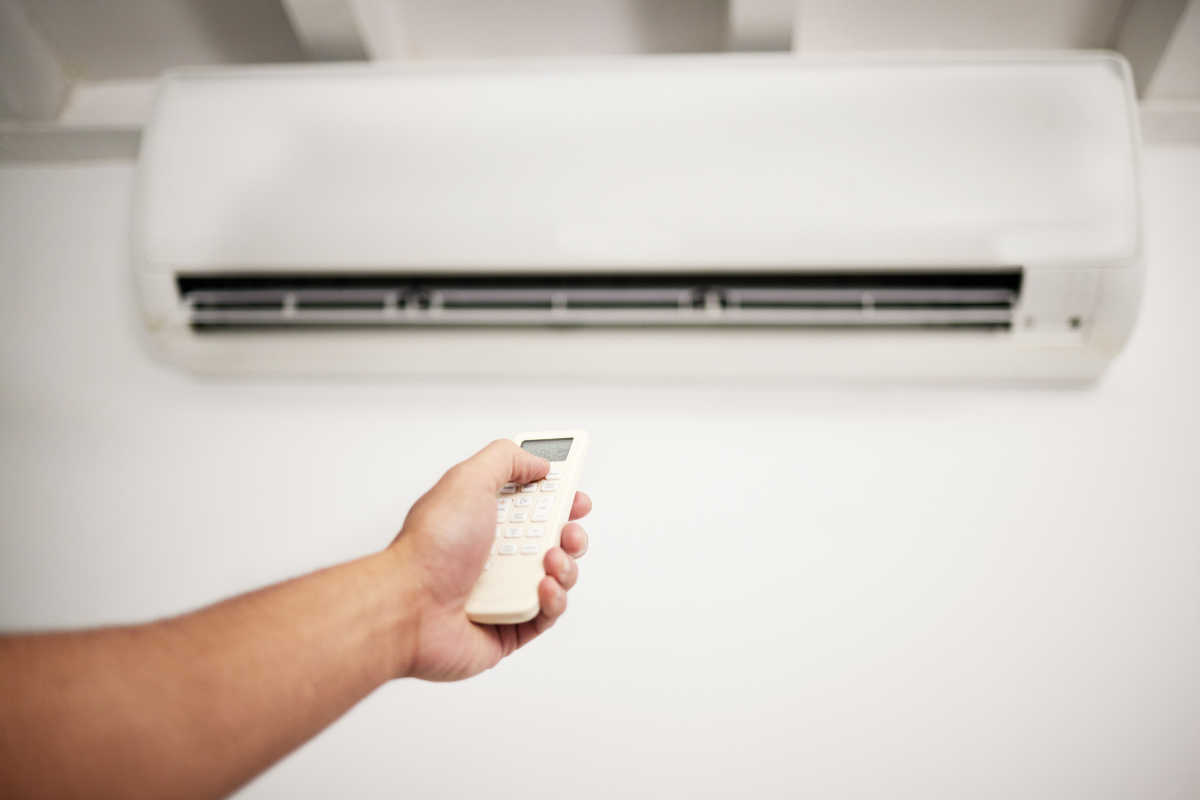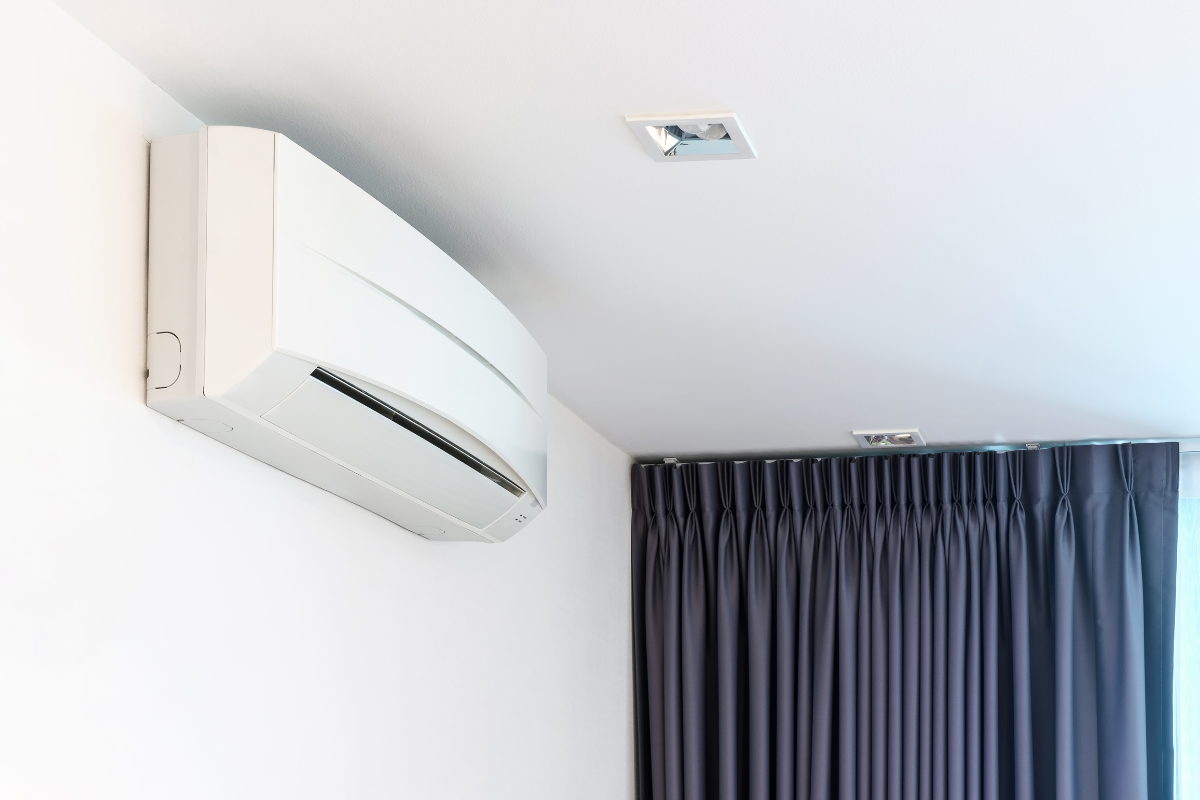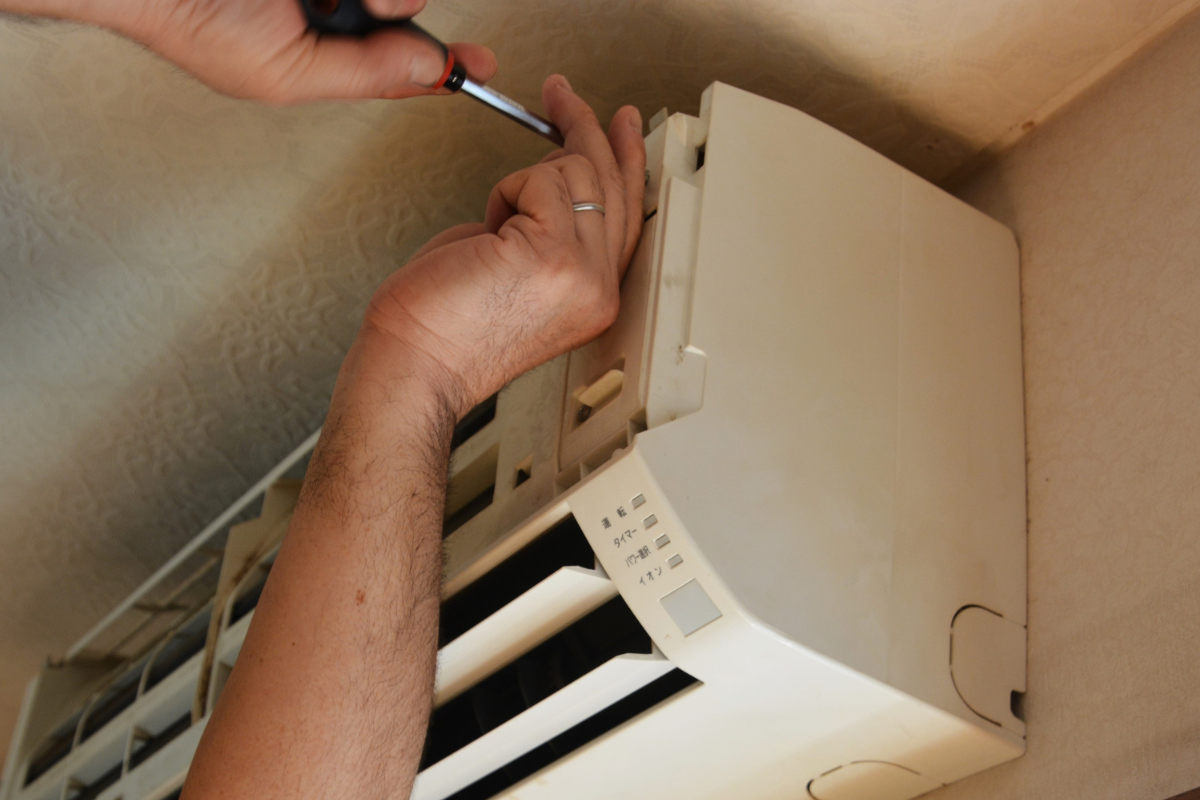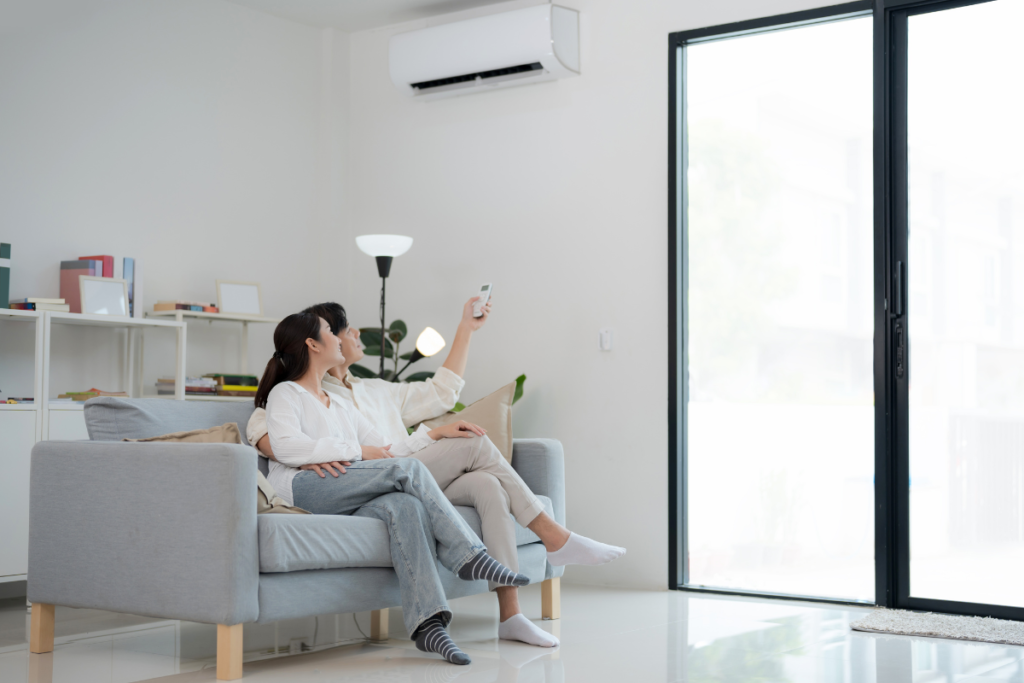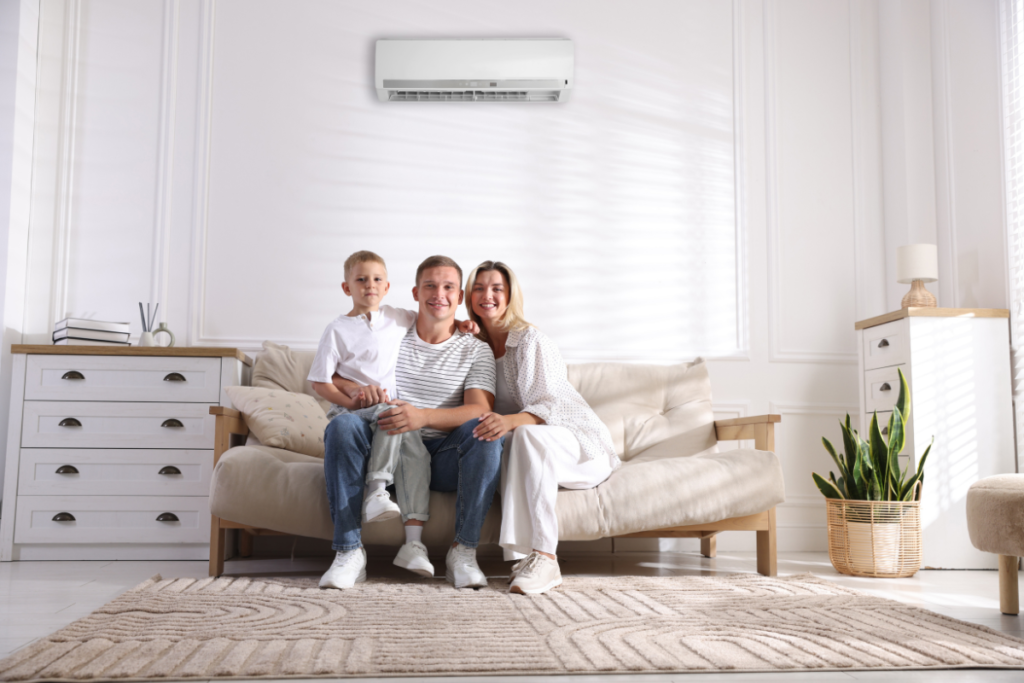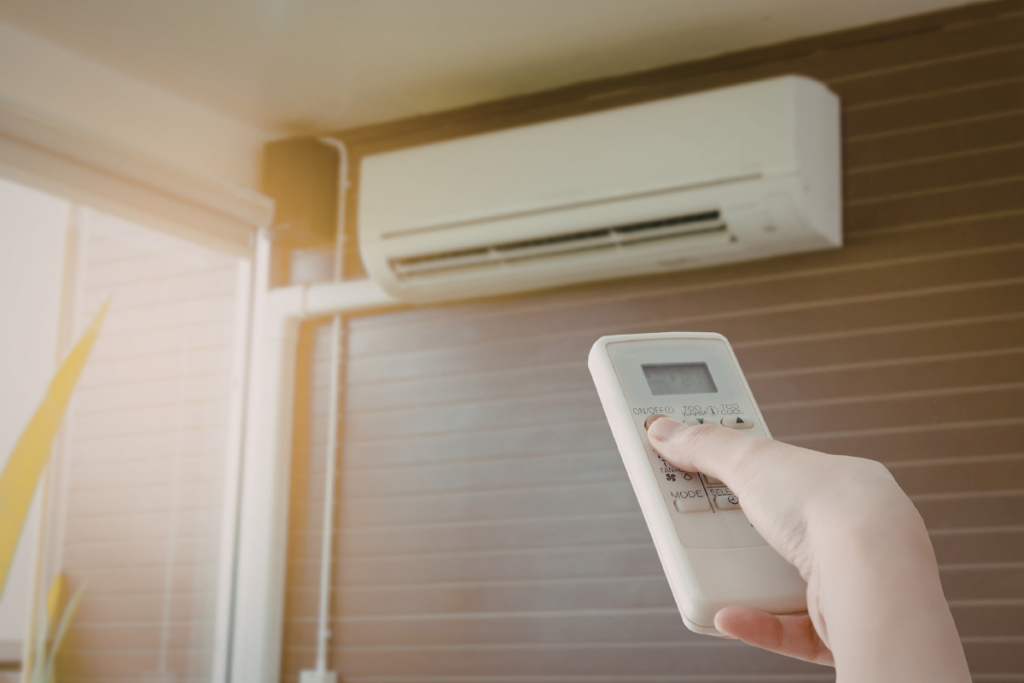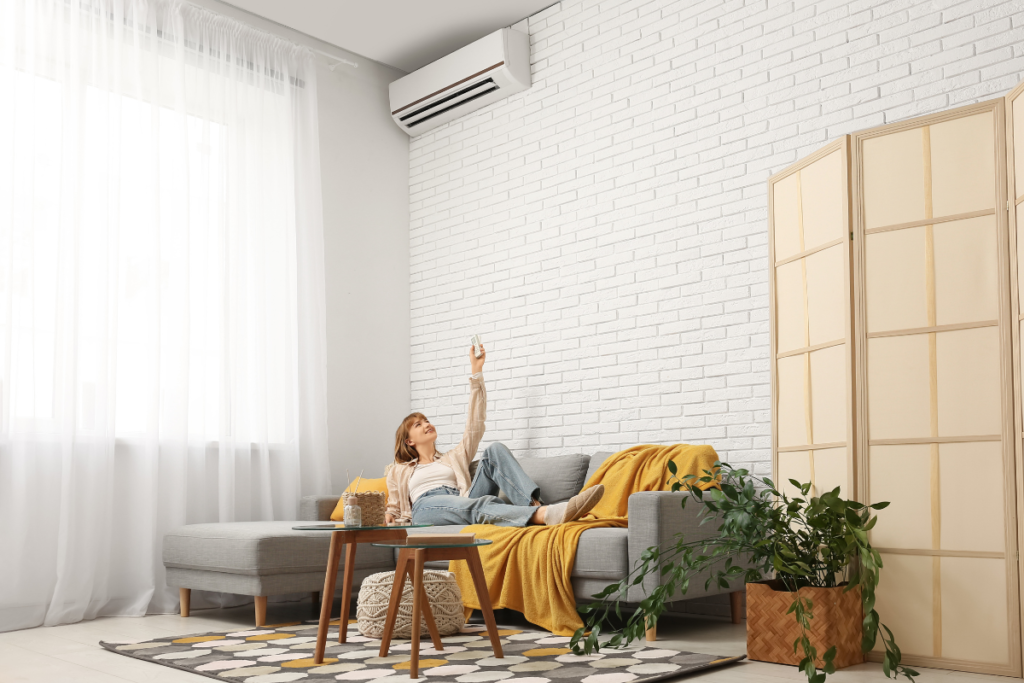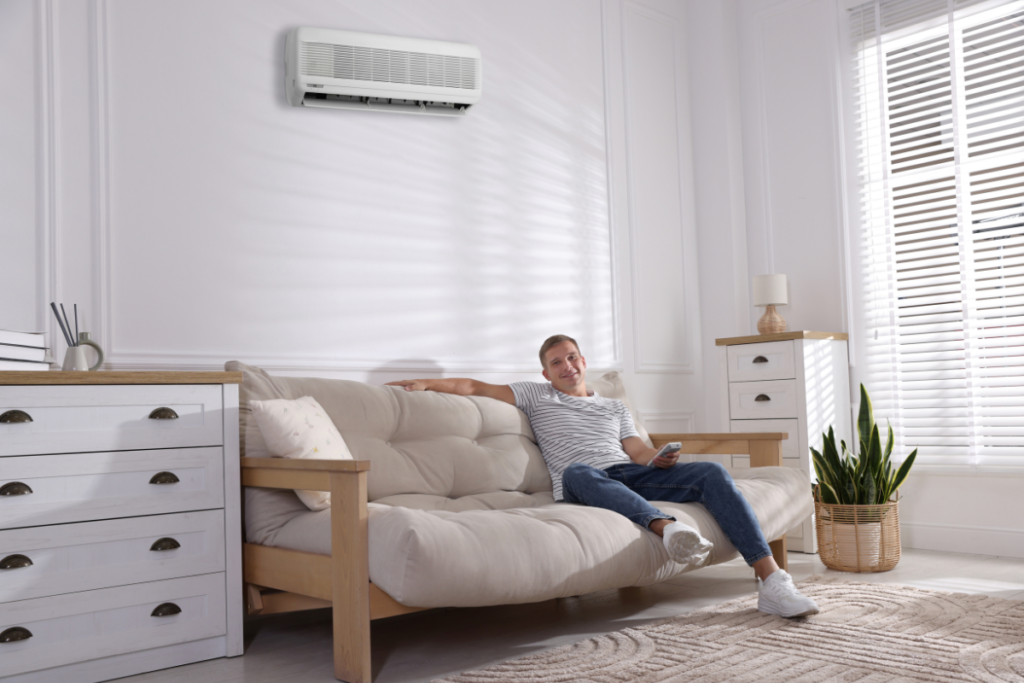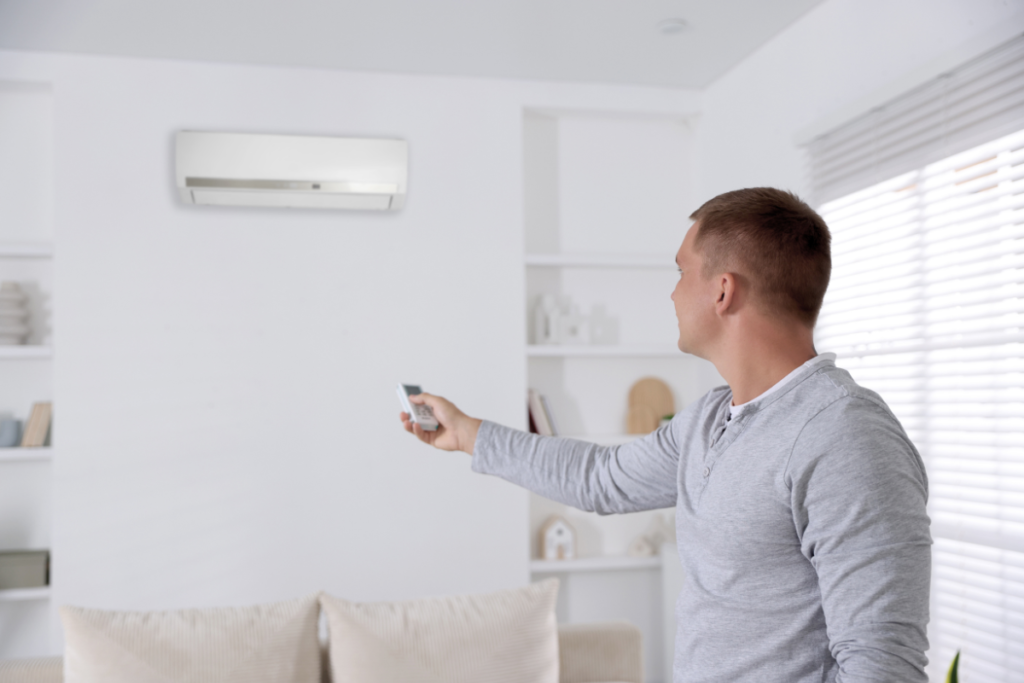Winter in Gold Coast comes with sharp, chilly mornings and grey, sunless afternoons. From May to August, temperatures can dip as low as 8°C, with the coldest stretch just before sunrise. That’s why many locals turn to air conditioning to stay warm and cozy indoors. But as we try to hold onto the heat, a common question comes up: Should you leave interior doors open or closed when the HVAC is heating?
Winter heating myths: Leave interior doors open or closed, which one is really better for warmth?
Here are some of the most popular myths people believe about whether to leave interior doors open or closed to stay warm in winter.
- Closing doors to unused rooms helps save energy: The thought is if you shut off rooms you’re not using, your heating system doesn’t have to work as hard because it’s warming a smaller area.
- Closed doors keep heat trapped in one room: Some people believe that if you keep the door shut, especially in a room with a radiator, the heat will stay inside instead of escaping to hallways or stairwells.
- Closing doors helps preserve heat in unused rooms: The thought here is that if you keep a door closed, the heat already in that room won’t leak out so it’ll stay warmer for longer.
While these all sound reasonable, they don’t actually work well with central HVAC systems. In most cases, shutting doors disrupts airflow and can make your heating system work harder not smarter.

Should you leave interior doors open or closed for better airflow and heating?
If your home uses a central forced air HVAC system, the best thing you can do is keep interior doors open. Here’s why:
- Air in a sealed, air-conditioned room can be 2 to 5 times more polluted than outside, harming your health. Staying too long can make you feel stuffy and short of breath.
- These systems rely on steady airflow. When doors are open, warm air moves freely and heats rooms evenly, it is better for warmth.
- Closing doors makes air get trapped, pressure builds up and the system pulls in unfiltered outside air from places like attics or cracks. That means more dust, humidity and doesn’t help save heat.
But there are a few exceptions:
- If your home uses radiators or baseboard heat (not forced air), closing doors can help keep warmth in a room.
- At night, it’s also safer to close bedroom doors in case of fire.
See more: The Inside Story: A Guide to Indoor Air Quality
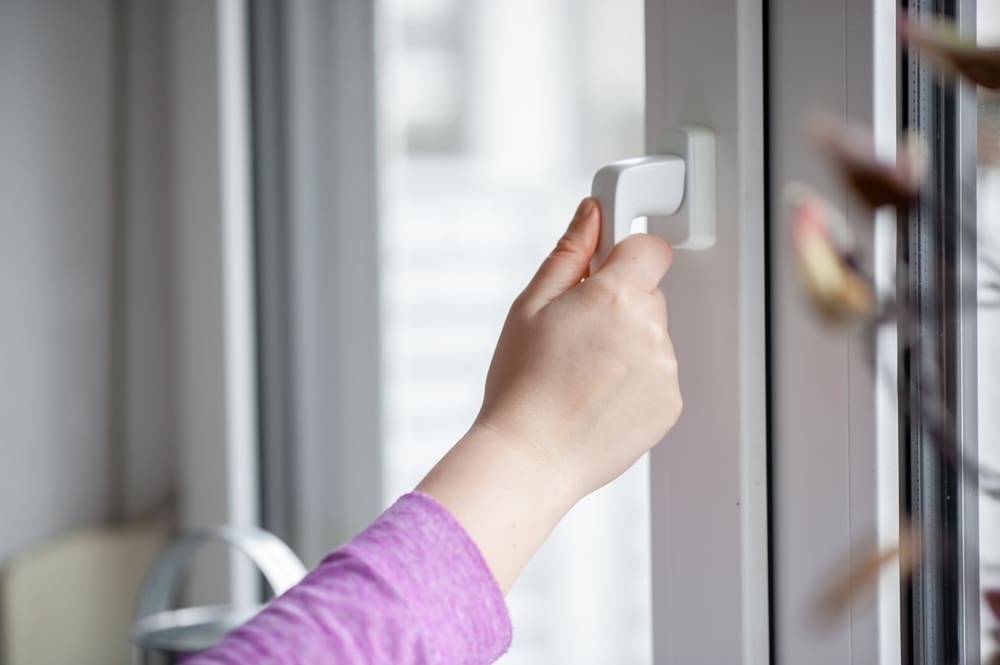
Does closing unused room doors help save heat?
The answer depends on what kind of heating system you have.
A lot of people think closing unused rooms means there’s less space to heat so the system will work less. But forced-air systems aren’t that smart. They’re designed to heat your whole home as a system and they rely on open airflow.
If you close doors to unused rooms, it can actually mess with the air pressure, cause heat loss through cracks and make your system work harder.
But if you’re using radiators or baseboard heaters, closing the door to a room you’re not using can help stop the heat from escaping into that space. It’s about keeping warmth where you need it, especially if that unused room stays cold.
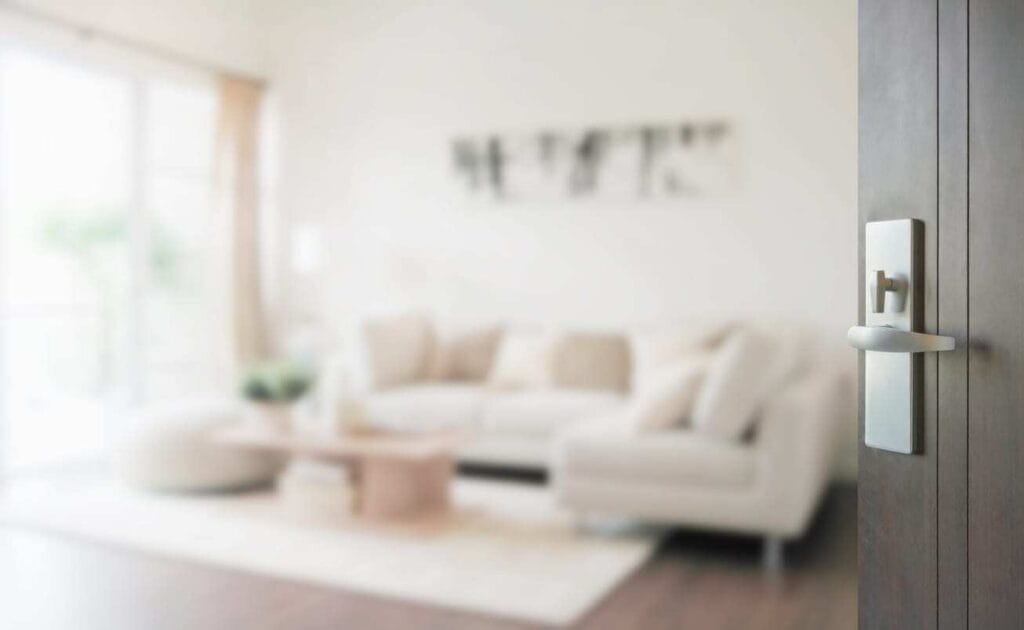
Tips to stay warm with air conditioning during Gold Coast winters
Beside the question: leave interior doors open or closed, you have to know that your AC can keep you warm on chilly days if it’s a reverse-cycle unit (also called a heat pump). Unlike old models, it can switch to “Heat” mode (look for the sun icon on your remote) to warm the room.
- Set the temp between 20–23°C. Turning it up higher won’t heat faster, it just wastes power. Point the airflow downwards so the warm air spreads better.
- Keep your room sealed, close windows and doors, pull the curtains to hold in the warmth.
Stay warm the smart way this winter. DEEPCHILL – air conditioning Gold Coast is here to help you install an efficient, reliable system that keeps your home cozy without the energy waste. For expert advice if you are still questioning whether to leave interior doors open or closed, trust us to bring the comfort you deserve!

